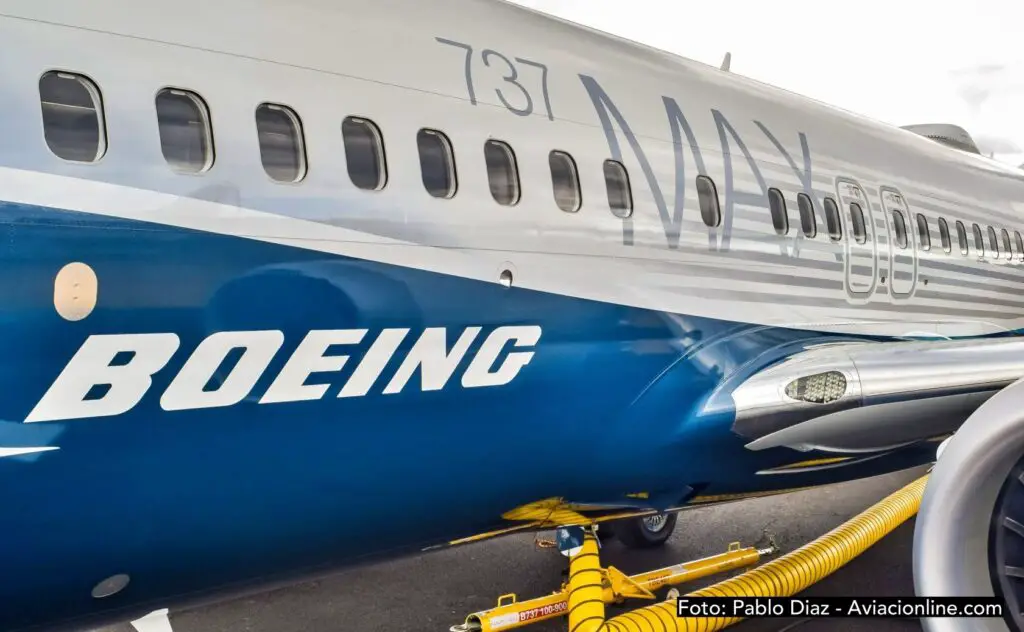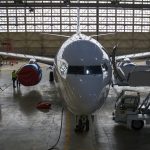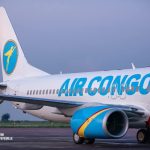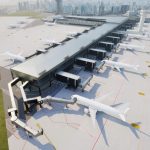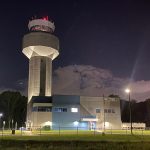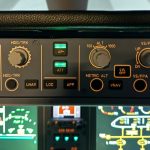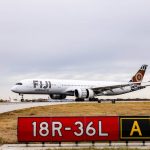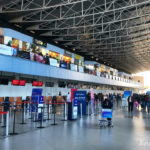The head of the Federal Aviation Administration (FAA), Mike Whitaker, highlighted that Boeing has not yet resumed production of 737 MAX aircraft following the strike that occurred in the Seattle area, although there are plans to restart work later this month.
According to Reuters, during a recent visit to Boeing’s plant in Renton, Washington, Whitaker met with Boeing’s CEO, Kelly Ortberg, to discuss the company’s progress and challenges following the strike, which ended on November 4.
Whitaker emphasized that, despite four weeks having passed since the end of the strike, Boeing has not yet restarted aircraft production.
The company is focusing on retraining its workforce and ensuring that the supply chain is in optimal condition before resuming manufacturing. Resuming production is crucial for Boeing, as the 737 is the company’s best-selling model and essential for its financial health.
In January, Whitaker limited production to 38 737 MAX aircraft per month following an incident in which a door panel with four essential missing screws detached from an Alaska Airlines 737 MAX 9 in flight, exposing serious safety issues at Boeing.
He did not anticipate when the FAA would allow Boeing to produce more than 38 aircraft per month but suggested it could be several months before the company regains that maximum capacity. To address specific issues, Whitaker is awaiting a proposed solution for the ice formation problem in the MAX engines, which has delayed certification of the MAX 7 model, as reported by our associated outlet, AEROIN.
Whitaker noted that the FAA is increasing its oversight of Boeing and will continue conducting audits to ensure the effectiveness of the new Safety Management System (SMS) that Boeing must adopt.
The SMS is a set of policies designed to proactively identify and address operational risks. However, Whitaker commented that he has not yet seen evidence that the system is working adequately, where risk assessments guide Boeing’s operational behavior.
According to Whitaker, reforming Boeing’s safety culture could take up to five years. He expects the company to adopt a more effective safety management system, something that the National Transportation Safety Board (NTSB) has already pointed out as a deficiency within the company.
Simultaneously, Boeing has taken steps to stop accepting incomplete fuselages from Spirit AeroSystems, and Whitaker highlighted that the FAA is focusing on ensuring that the proper inspection points are in place.
On the political front, Whitaker, unanimously confirmed for a five-year term, faces a moment of uncertainty as President-elect Donald Trump has indicated plans to replace many officials.
Whitaker indicated that he has held some preliminary discussions with Trump’s transition team, but it remains uncertain whether he will continue in his role after January 20, the date Trump officially takes office.

